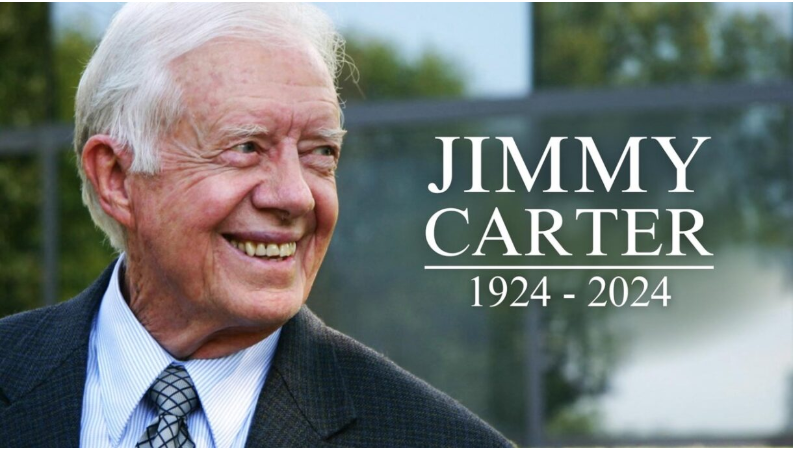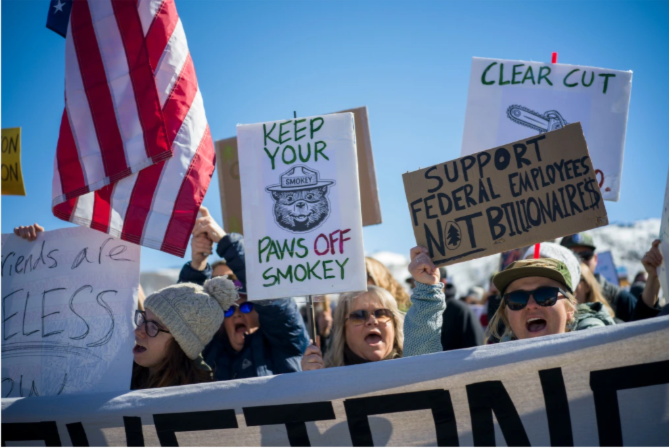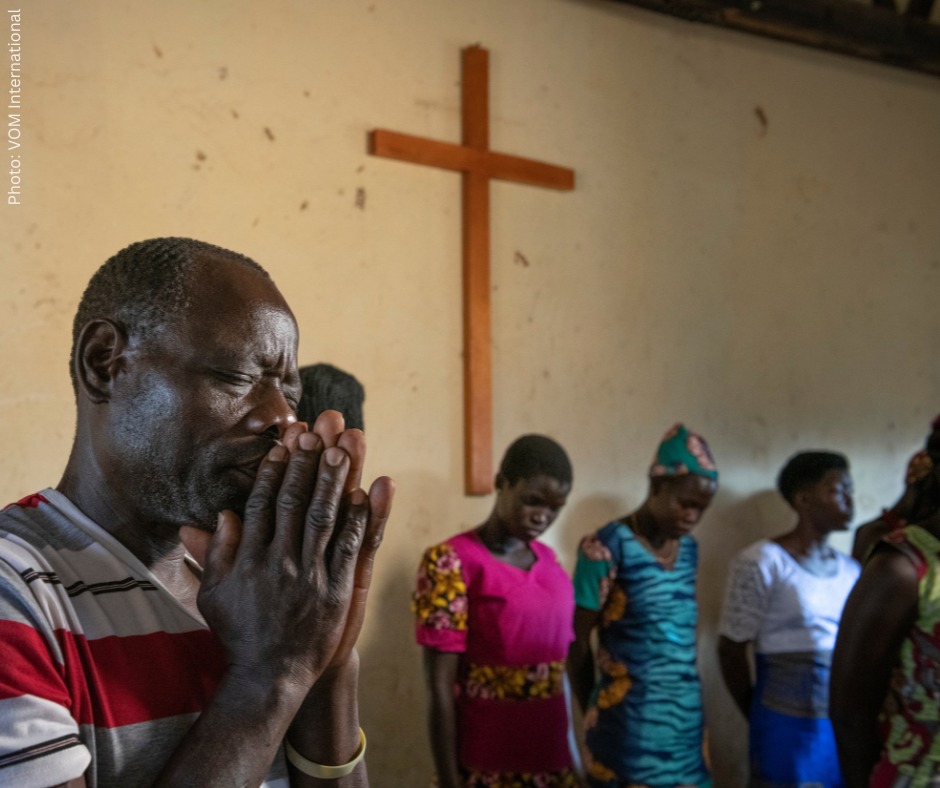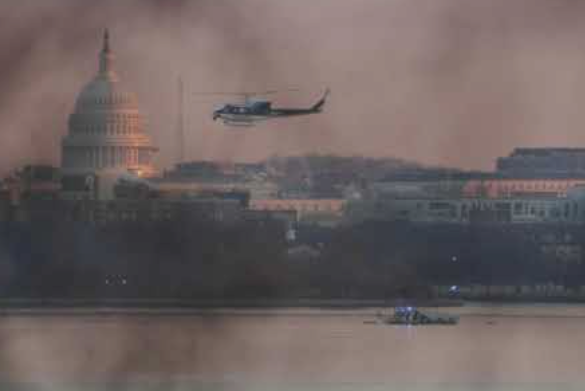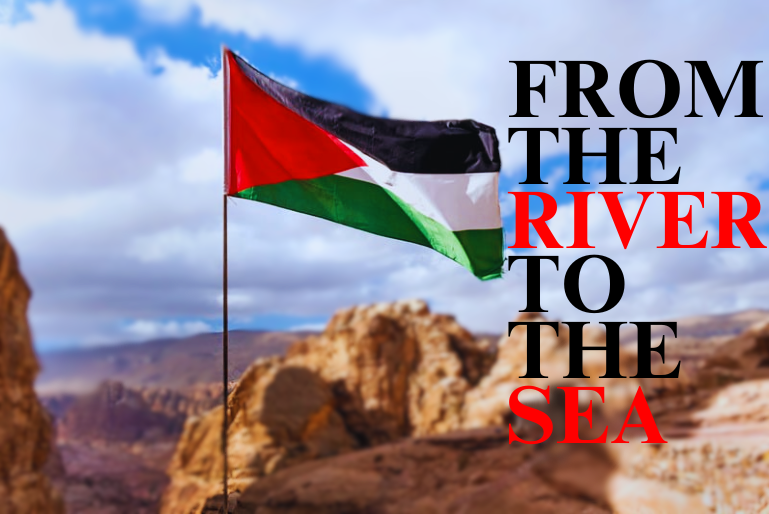James ‘Jimmy’ Earl Carter Jr. was a profound humanitarian, soldier, civil rights activist and politician, serving as the United States’ (U.S.) 39th president from 1977 to 1981. Before and after his presidency, Carter selflessly advocated for those who could not defend themselves. Although he faced significant challenges throughout his administration, Carter’s commitment to diplomacy and global peace marks his presidency as one of the greatest this nation has seen.
Born in Plains, Ga., Carter remains the only native Georgian to become president of the U.S. Raised in a close-knit rural community, Carter’s early years were shaped by the values of hard work, faith and a deep sense of social responsibility; much of this was due to growing up during the Great Depression. Carter developed a strong work ethic and a commitment to public service, often helping his family on their successful peanut farm. He attended the all-white Plains High School, where he became an exceptional student athlete while also participating in many extracurricular activities. Growing up in the segregated South, Jimmy Carter witnessed the unjust treatment of many African American people. This and many other factors inspired Carter to become a voice for the underrepresented American people.
“I remember my grandparents telling me about Jimmy Carter and when he first ran for president. At first, they were not very sure of him because they had not heard of him before,” Kayla Cuppia, senior, said.
In a National Press Club conference on Dec. 12, 1974, Carter announced he would be running for president. By March 1967, Carter accumulated many of America’s votes, taking the Democratic party by storm. Carter even went as far as publishing a memoir titled “Why Not the Best?” to better connect him with all American citizens. Before any other candidates had entered the presidential race, Carter had already visited 37 states and had given well over 200 speeches. Finally, Carter snagged the presidential election away from his opponents and was seen as humble, yet triumphant. During his time in office, Jimmy Carter fostered the Camp David Accords, which led to a signed peace treaty between Egypt and Israel. He also emphasized energy policy, which created initiatives for renewable energy and reduced American citizens’ dependence on oil. In foreign policy, he prioritized human rights and cut aid to countries with poor records. Despite a few challenges, Carter’s administration was often praised for its focus on peace, diplomacy and environmental concerns.
“His significant role in achieving the peace agreement between Egypt and Israel will remain etched in the annals of history,” Abdel Fattah al-Sisi, Egyptian president, said.
After serving as the nations’ successful 39th president, Carter decided to focus on humanitarian work. In 1982, he and Rosalynn Carter, his wife and previous first lady, founded the Carter Center, which focuses on human rights, global conflict resolution and healthcare. The center is mainly known for working to eliminate diseases such as the Guinea worm disease, prominent all throughout Africa. Also, his family turned to aid Habitat for Humanity and other non-profits. In 2002, Carter was awarded the Nobel Peace Prize and the Presidential Medal of Freedom in 1999. It is important to note that these awards do not scratch the surface of the vast collection of gifts and awards he has received from other world leaders.
“Although I never met him, I believe Jimmy Carter was a good president. I believe this because he fought for civil rights,” Grayson Mirabelli, freshman, said.
Jimmy Carter’s undying legacy is defined by his commitment to civil rights, humanitarian work, environmental preservation and peace. Throughout the duration of his life, he made long lasting contributions to healthcare, worldwide conflict resolution, and social justice. Carter will be deeply missed, but his prominent legacy will live on for many years to come.

